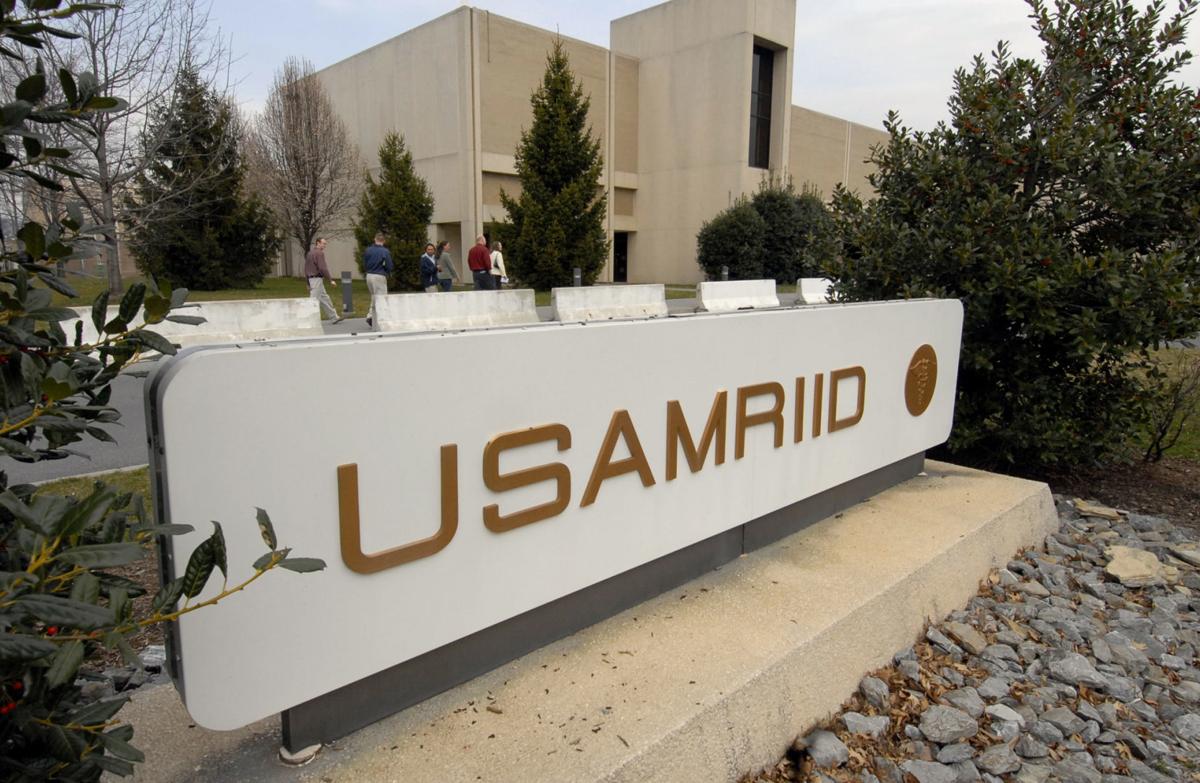Desde 1969, USAMRIID ha servido como el laboratorio principal del Departamento de Defensa (DoD) para la investigación médica de defensa biológica. Si bien la misión principal es proteger a los soldados de las amenazas biológicas, también se investigan brotes de enfermedades y amenazas a la salud pública. La I&D realizada en USAMRIID conduce a soluciones médicas (terapéutica, vacunas, diagnósticos e información) que benefician tanto al personal militar como a los civiles. USAMRIID es un laboratorio subordinado del Comando de Investigación y Desarrollo Médico del Ejército de EE. UU. Su misión es la de proporcionar capacidades médicas de vanguardia para disuadir y defender contra los agentes de amenaza biológica actuales y emergentes y avanzar en la defensa biológica médica para proteger a las FFAA y a la Nación.
Biography
The U.S. Army Medical Research Institute of Infectious Diseases (USAMRIID) is the U.S. Department of Defense (DoD) lead medical research laboratory on biological threats resulting in medical solutions to protect military service members and the greater public.
The facility contains the only Department of Defense laboratory equipped with a BSL 4 laboratory for highly hazardous infectious agents requiring maximum containment.
USAMRIID develops rapid diagnostic assays for to protect the warfighter against biological threats. They additionally evaluate and develop diagnostic instruments and technologies for use in forward field medical laboratories and with the Joint Biological Agent Identification and Detection System (JBAIDS), the diagnostics platform used across the DoD.
USAMRIID performs the necessary studies required to pre-position assays for Emergency Use Authorization (EUA) from the FDA in the event of a pandemic or outbreak, as happened during the Ebola outbreak
Currently, USAMRIID-developed vaccine candidates for anthrax and ricin are in clinical testing. Other vaccine candidates for plague, botulinum neurotoxins A and B, and Venezuelan equine encephalitis are in advanced development.
Vaccines for staphylococcal enterotoxins A and B, hantaviruses, and five additional serotypes of botulinum neurotoxins (designated C-G) are soon to be transitioned. About a dozen other vaccines developed at USAMRIID are maintained in Investigational New Drug status and are used to immunize at-risk personnel in the lab and in the field when necessary.
The Institute is also working to develop therapeutics for a number of agents, such as Ebola virus, plague, several toxins, and orthopoxviruses, including smallpox.
USAMRIID additionally serves as a National-Level Laboratory, along with the Centers for Disease Control and Prevention (CDC), within the United States’ Laboratory Response Network (LRN). The LRN is network of local, state and federal public health, hospital-based, food testing, veterinary and environmental testing laboratories that provide laboratory diagnostics and the capacity to respond to biological and chemical threats and other public health emergencies.
USAMRIID is a subordinate laboratory of the U.S. Army Medical Research and Materiel Command.
Fuente: https://globalbiodefense.com


